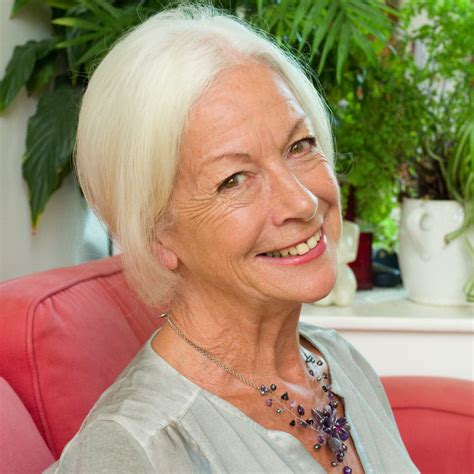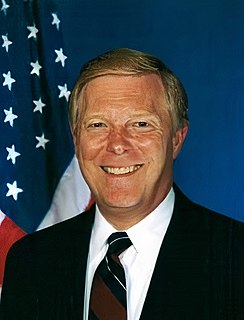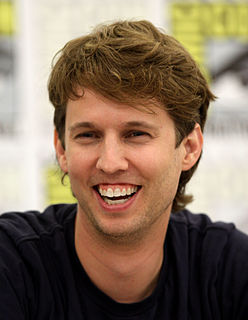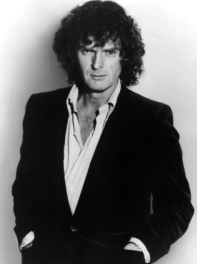A Quote by Scilla Elworthy
Nelson Mandela went to jail believing in violence, and 27 years later he and his colleagues had slowly and carefully honed the skills, the incredible skills, that they needed to turn one of the most vicious governments the world has known into a democracy. And they did it in a total devotion to non-violence.
Related Quotes
Mandela didn't end Apartheid in South Africa, the poor guy was in jail for 27 years, it was the African people that ended it but he was a symbol of their struggle. Or Gandhi in India, Gandhi was a great believer in non-violence and he was in and out of jail, but India became free. I think it's better to look at what people can do collectively and that's why it's so important to encourage them.
The famous passage from her book is often erroneously attributed to the inaugural address of Nelson Mandela. About the misattribution Williamson said, "Several years ago, this paragraph from A Return to Love began popping up everywhere, attributed to Nelson Mandela's 1994 inaugural address. As honored as I would be had President Mandela quoted my words, indeed he did not. I have no idea where that story came from, but I am gratified that the paragraph has come to mean so much to so many people.
I must remind you that starving a child is violence. Suppressing a culture is violence. Neglecting school children is violence. Punishing a mother and her family is violence. Discrimination against a working man is violence. Ghetto housing is violence. Ignoring medical need is violence. Contempt for poverty is violence.
Confidence is a trait that has to be earned honestly and refreshed constantly; you have to work as hard to protect your skills as you did to develop them. . . The one thing that creative souls around the world have in common is that they all have to practice to maintain their skills. Art is a vast democracy of habit.
Even in the most peaceful communities, an appetite for violence shows up in dreams, fantasies, sports, play, literature, movies and television. And, so long as we don't transform into angels, violence and the threat of violence - as in punishment and deterrence - is needed to rein in our worst instincts.
We must realize that violence is not confined to physical violence. Fear is violence, caste discrimination is violence, exploitation of others, however subtle, is violence, segregation is violence, thinking ill of others and condemning others are violence. In order to reduce individual acts of physical violence, we must work to eliminate violence at all levels, mental, verbal, personal, and social, including violence to animals, plants, and all other forms of life.
When we shot "Cry Freedom," I wasn't even allowed in South Africa. They told me I could come but I wasn't going to leave. I had heavy death threats at that time. So we shot in Zimbabwe. In 1995, I had the privilege and the honor to meet Desmond Tutu and Nelson Mandela the same day: I had breakfast with Desmond Tutu and lunch with Nelson Mandela. Then I had the good fortune to have Mr. Mandela actually come to my house in California. There's been a tremendous amount of change.
Even here in America, we felt the cool, refreshing breeze of freedom when Nelson Mandela took the seat of Presidency in his country where formerly he was not even allowed to vote. We were enlarged by tears of pride as we saw Nelson Mandela's former prison guards invited, courteously, by him to watch from the front rows his inauguration.
I'm so sick of seeing guns in movies, and all this violence; and if there was going to be violence in Pines, I wanted it to actually be narrative violence. I wasn't interested in fetishizing violence in any way of making it feel cool or slow-motion violence. I wanted it to be just violence that affected the story.





































